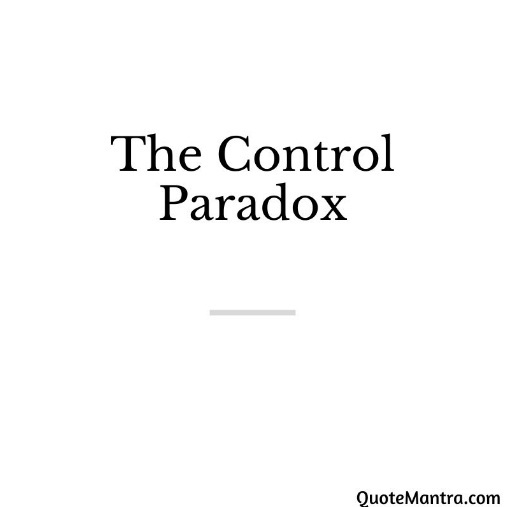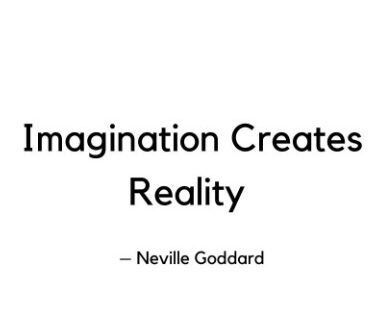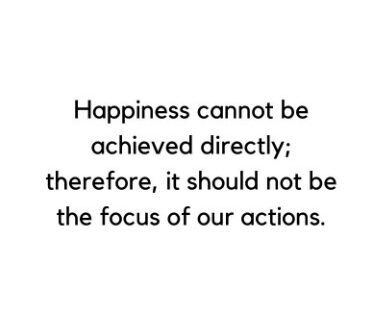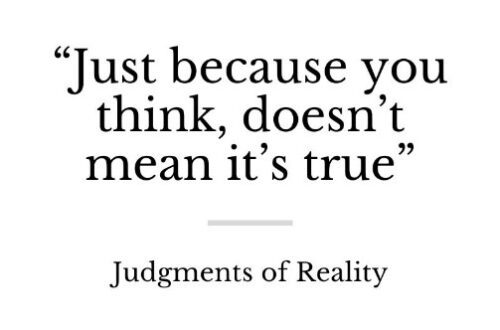
The Control Paradox
The desire for control is a fundamental human need, but sometimes our attempts to control a situation or person can end up controlling us. This paradoxical phenomenon, known as the “control paradox,” can lead to feelings of frustration, anxiety, and even powerlessness. In this article, we will explore the control paradox in greater depth, looking at the ways in which it manifests in our personal and professional lives. We will examine the underlying causes of the control paradox and offer strategies for breaking free from its grip, in order to regain a sense of agency and influence over our lives.
The desire for control is a fundamental human need. We all want to feel that we have agency and influence over our lives, and that we can shape the world around us to align with our desires and goals. However, sometimes the very act of trying to control something or someone can lead to a situation where that thing or person has power over us.
This paradoxical phenomenon is known as the “control paradox,” and it occurs when our attempts to control a situation actually end up controlling us. The more we try to exert control, the more we become preoccupied with it, and the less we are able to see the bigger picture. We become rigid and inflexible, unable to adapt to changing circumstances, and eventually, we can become overwhelmed by the very thing we were trying to control.
There are many examples of the control paradox in everyday life. For instance, imagine a parent who tries to control every aspect of their child’s life. They micromanage their child’s schedule, monitor their every move, and constantly hover over them to ensure that they are doing everything “right.” While this may seem like a well-intentioned attempt to protect their child, it can actually have the opposite effect. The child may feel suffocated by their parent’s constant presence, and they may rebel against their parent’s attempts to control them. In this case, the parent’s attempts to control their child may actually lead to the child exerting control over them, by manipulating them or pushing them away.
Another example of the control paradox can be seen in the workplace. A manager who tries to control every aspect of their team’s work may find that their team becomes less productive, less creative, and less engaged. This is because the team members may feel disempowered and demotivated by their manager’s micromanagement, and they may begin to resent their manager for not trusting them to do their jobs. In this case, the manager’s attempts to control their team may actually lead to the team exerting control over them, by pushing back against their authority or becoming disengaged from their work.
So why does the control paradox occur? One explanation is that our need for control is often driven by fear – fear of the unknown, fear of failure, or fear of losing something that is important to us. When we are in a state of fear, we are more likely to try to control our environment, in the hope that it will help us feel more secure. However, this can actually backfire, by increasing our feelings of anxiety and making us less resilient in the face of adversity.
Another explanation for the control paradox is that our attempts to control a situation may be based on faulty assumptions or incomplete information. We may think that we know what is best for ourselves or others, but in reality, we may be missing key pieces of information or failing to consider alternative perspectives. This can lead us to make decisions that are not in our best interests, or that actually create more problems than they solve.
So what can we do to break the control paradox and regain a sense of agency and influence over our lives? One approach is to cultivate a greater sense of mindfulness and self-awareness. By paying attention to our thoughts, emotions, and physical sensations, we can begin to notice when we are in a state of fear or anxiety, and we can learn to respond to these feelings more constructively. For instance, instead of trying to control a situation that is making us anxious, we might take a few deep breaths, engage in some calming activities (such as yoga or meditation), or reach out to a supportive friend or colleague for help.
Another approach to breaking the control paradox is to focus on building relationships based on trust and collaboration. When we trust others to do their jobs or make their own decisions freely, we are more likely to feel empowered and less compelled to exert control over them. Similarly, when we collaborate with others to solve problems or achieve common goals, we are more likely to feel a sense of shared ownership and agency, which can help us feel more in control of the situation as a whole.
Additionally, it can be helpful to practice letting go of control in small ways, in order to build our capacity for resilience and adaptability. This might involve consciously choosing to relinquish control over a small decision or task, and observing the outcome without judgment or attachment. By doing so, we can build our confidence in our ability to cope with uncertainty, and we can begin to see that sometimes, letting go of control can actually lead to better outcomes than trying to force a particular outcome.
It’s important to note that breaking the control paradox is not about giving up on our goals or our desire to shape the world around us. Rather, it’s about recognizing that sometimes, our attempts to control things can actually hinder our progress and make us less effective in achieving our goals. By cultivating a greater sense of mindfulness, trust, collaboration, and resilience, we can learn to navigate the complex and ever-changing landscape of our lives with greater ease and grace.
In conclusion, the control paradox is a common phenomenon that can affect us all, regardless of our age, gender, or background. By recognizing when we are in a state of fear or anxiety, practicing mindfulness and self-awareness, building relationships based on trust and collaboration, and practicing letting go of control in small ways, we can break free from the grip of the control paradox and regain a sense of agency and influence over our lives.
Also read: Douglas Harding – The Headless Way



